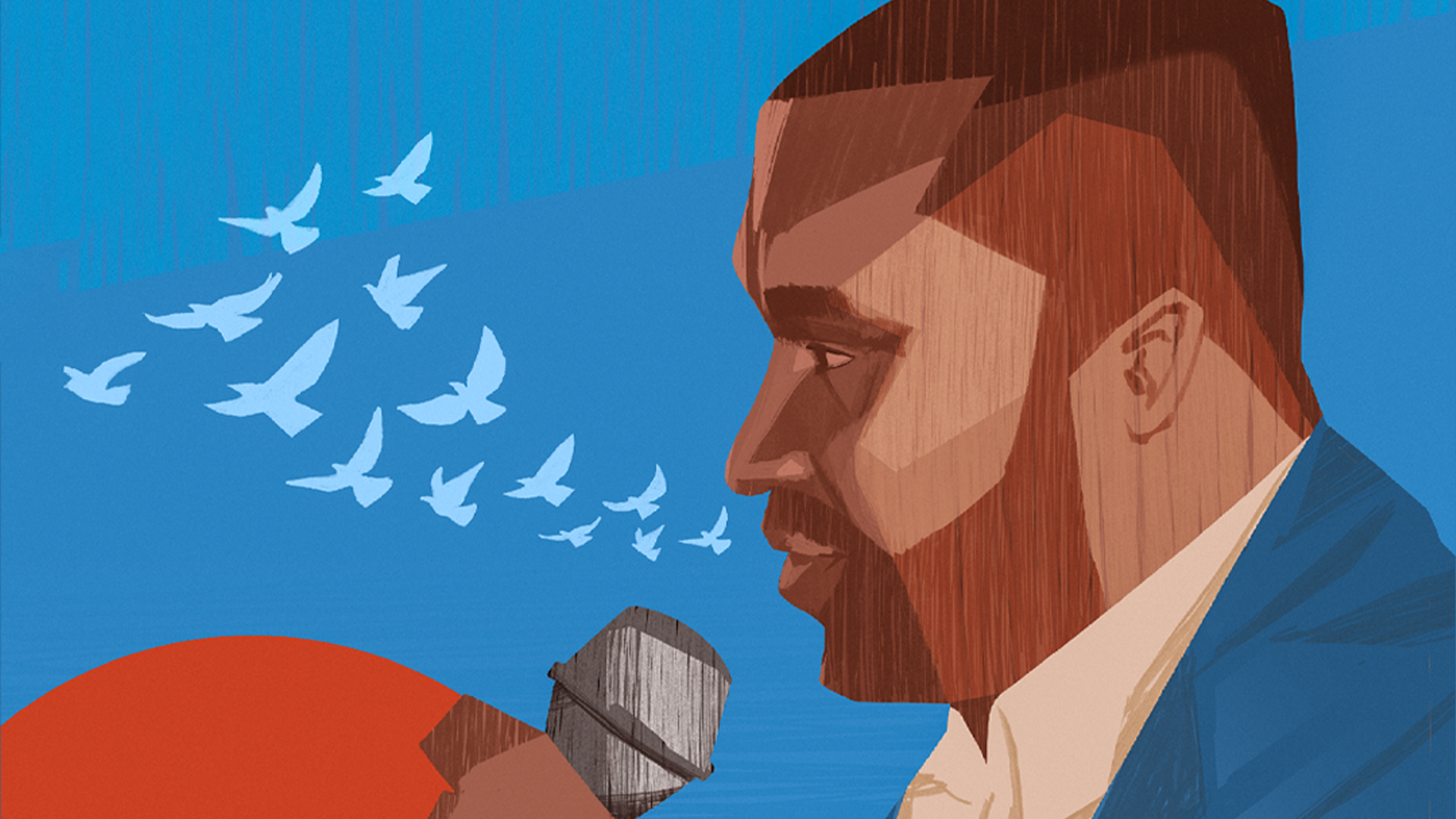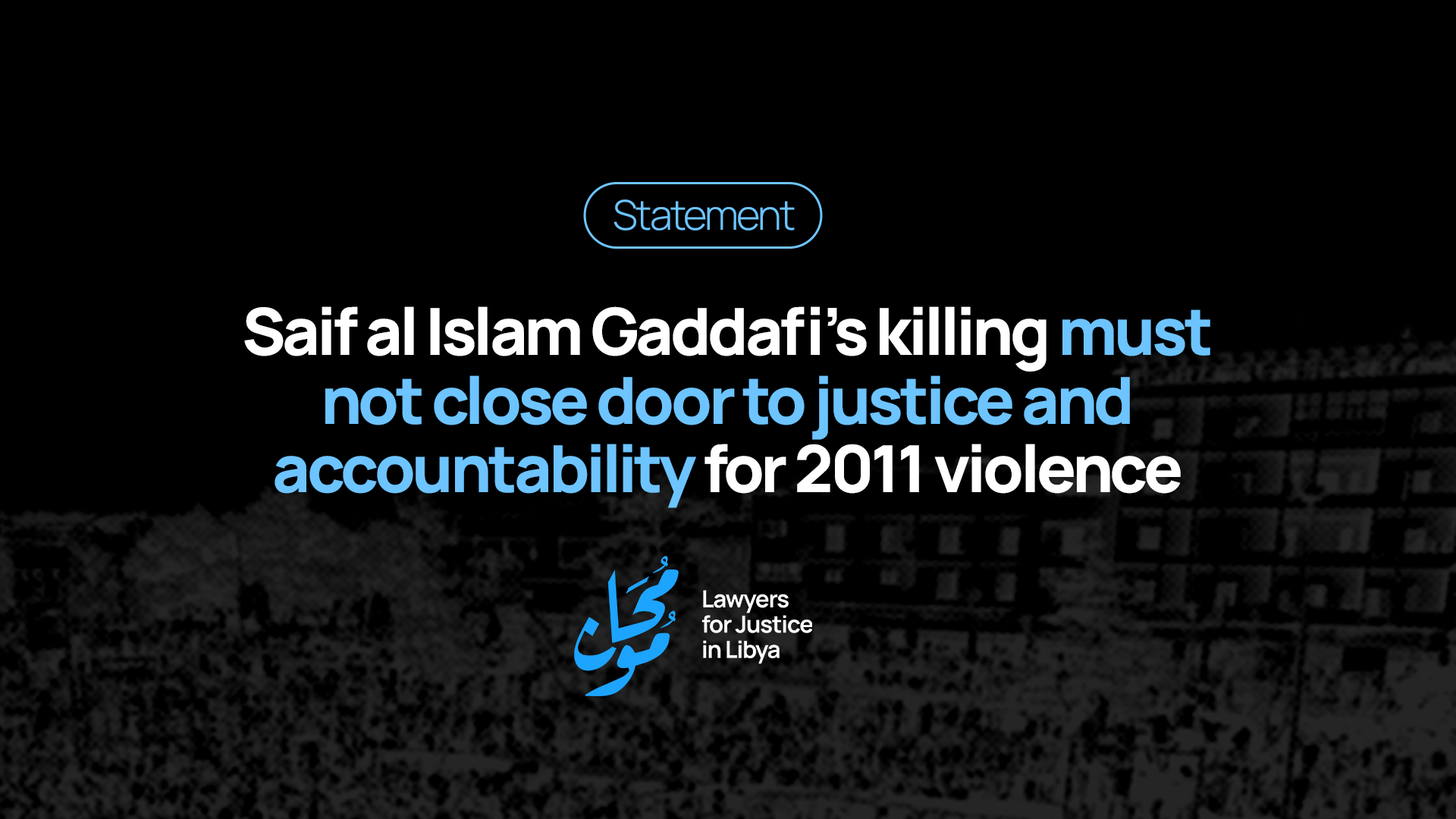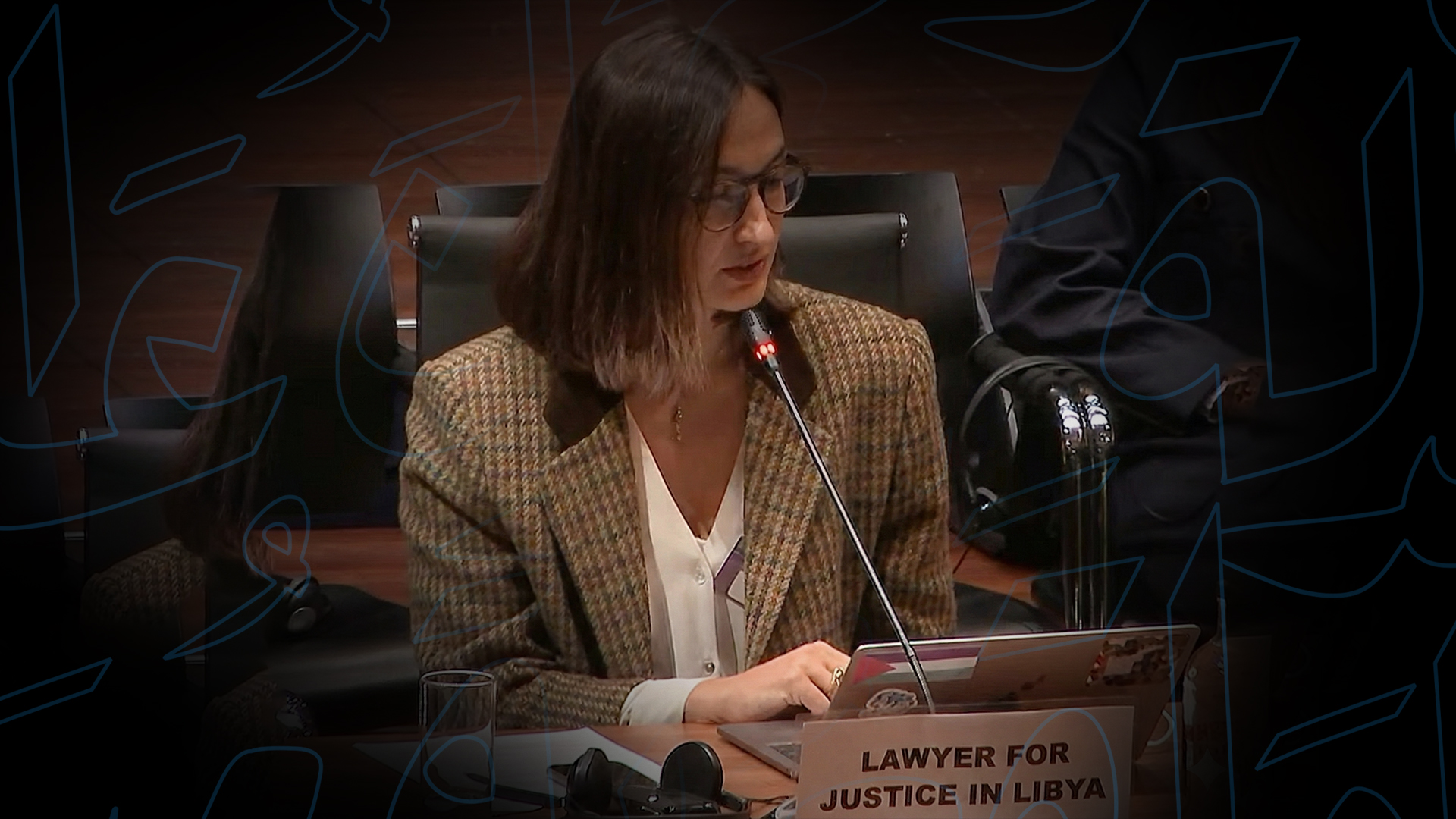Stopping torture: A global call to end torture

26 June 2015 (Kathmandu, Lima, London, Nairobi) – In 1987, the nations of the world took a major step towards the universal prohibition of torture. The UN Convention against Torture and Other Cruel, Inhuman or Degrading Treatment or Punishment (the Convention) came into force, establishing a set of concrete steps States must take to prevent torture, punish perpetrators and ensure justice and redress for victims. The Convention also enshrined in law the obligation of all States to ensure that the perpetrators of torture do not escape justice, regardless of where the crimes were committed and where the perpetrators are located. In honour of the Convention and in solidarity with victims of torture around the world, 26 June is now recognised as the International Day in Support of Victims of Torture.
The Convention is designed to make more effective the world-wide struggle against torture, but almost 30 years since it came into force, torture remains commonplace in many countries.
“158 States have ratified the Convention against Torture, but as the work of our human rights organisations and many others on the ground corroborates, torture and ill-treatment continues on a world-wide scale, destroying people’s lives, ripping apart families and communities, and undermining democracies and the rule of law,” said Sir Emyr Jones Parry, Chair of REDRESS.
While Libya acceded to the Convention in 1989, the country’s national legal framework is not in line with the Convention’s provisions and torture risks becoming an institutionalised practice within the country following the 2011 uprising. According to a 2014 study conducted by Lawyers for Justice in Libya’s partner DIGNITY and the University of Benghazi, 53% of those arrested, detained and imprisoned were exposed to torture during their arrests. Acts of torture are committed with impunity by both state and non-state actors. The Libyan State has failed to ensure the prompt and impartial investigation of allegations of torture and there is no effective national mechanism to seek justice. As a result, victims have no access to legal redress in Libya.
Nepal ratified the Convention in 1991, but torture is not a criminal offence by law. Advocacy Forum’s (AF) newest report “Torture in Nepal: More of the same”, released today, shows that 16% out of 1,916 detainees interviewed by AF claimed that they were subjected to torture and/or ill-treatment in police detention centres. These rates are higher for juveniles: 24% of those aged 18 or under reported torture.
AF urges the Government of Nepal’s immediate endorsement of the Bill on Torture pending before Parliament with the amendments recommended by AF in its torture report; the ratification of the Optional Protocol to the Convention against Torture; the establishment of a National Preventive Mechanism (NPM) for the prevention of torture and the strengthening of the role of the National Human Rights Commission.
In some countries, the profile of the victims has changed. In Kenya, the Independent Medico-Legal Unit has documented the increased use of torture against hawkers and criminals in detention. This reflects a new development, as torture was previously typically used against political or human rights activists. Despite this shift, torture remains an abuse of authority committed by powerful state actors, such as members of the police.
What is clear, in all countries, is that anyone can be a victim of torture, regardless of their age, gender, ethnicity or politics. Some individuals and groups, however, are particularly vulnerable to abuse, often the most marginalised groups in society.
In Peru, lesbian, gay, bisexual, transgender and intersex persons are routinely targeted, as has been documented by la Coordinadora Nacional de Derechos Humanos (CNDDHH). La Coordinadora has also witnessed an increase of torture and other ill-treatment in the context of social protests: five people were killed and 208 were wounded in social protests in the first half of 2015, the highest number recorded in the last decade.
Whilst the patterns of torture might vary from country to country, there remain a number of shared concerns. Through their actions or inaction in response to widespread or systematic torture, governments can foster a culture of impunity where perpetrators are rarely punished and justice for victims is elusive. Too often, police and prosecutors lack the necessary will, capacity and independence to pursue torturers. As a result, survivors of torture find themselves without the support they need to pursue justice, accountability and redress. If survivors of torture do pursue justice, they face reprisals against them and their families. Other major shortcomings, shared by various countries, include weak domestic legal frameworks and inadequate safeguards against torture, particularly in places of detention.
This cycle of impunity can only be broken when there is a genuine commitment to expose all crimes of torture and to investigate and prosecute the perpetrators. As was pointed out this week by Sir Nigel Rodley, current vice-chair of the UN Human Rights Committee and former UN Special Rapporteur on Torture, the best way for a government to tackle impunity is to work towards establishing “an independent prosecutorial service, an independent investigative service and an independent judiciary”.
All States have a responsibility to take every possible step to eradicate torture in their own societies, to end impunity for torture and to help victims recover from these horrific crimes. In addition, we all must denounce torture wherever it exists, whoever is said to be responsible and whoever the victims might be. The absolute prohibition of torture means that acts of torture can never be allowed to happen and torture can never be justified.
For more information, please contact:
- Eva Sanchis, Communications Officer, REDRESS: eva@redress.orgor +44 (0)20 7793 1777 (office) and +44 (0)785 711 0076 (mobile).
- Aml El-Houderi, International Advocacy Programme Coordinator, Lawyers for Justice in Libya (LFJL): +44 (0)20 7242 5071 or info@libyanjustice.org.
- Joseph Muthuri, Communications and Advocacy Officer, Independent Medico-Legal Unit (IMLU): +254-2-4456048/9 or jmuthuri@imlu.org.
- Víctor Alvarez, Director Legal Department, la Coordinadora Nacional de Derechos Humanos (CNDDHH): +51.1.419-1111 or valvarez@derechoshumanos.pe.
- Om Prakash Sen, Programme Officer, Advocacy Forum (AF): + 01 4412349/4425561.
Note to editors:
The organisations signing this press release are collaborating in a three-year EU-funded project to end impunity for torture and seek justice for survivors in Peru, Kenya, Libya and Nepal, countries with a high prevalence of torture.
This press release is part of a broader #westoptorture campaign led by these organisations. On 22 June 2015, these organisations held a Google+ Hangout, entitled Seeking Justice for Torture Survivors, in which they shared their experiences. Sir Nigel Rodley, the former Special Rapporteur on Torture and Vice-Chair of the UN Human Rights Committee also participated. It can be viewed online here: https://www.youtube.com/watch?v=k3_D04gaPa8.
To learn more about this campaign and stay up to date on the latest developments, please visit our website: www.wecanstoptorture.org or follow us on Twitter on @westoptorture.





